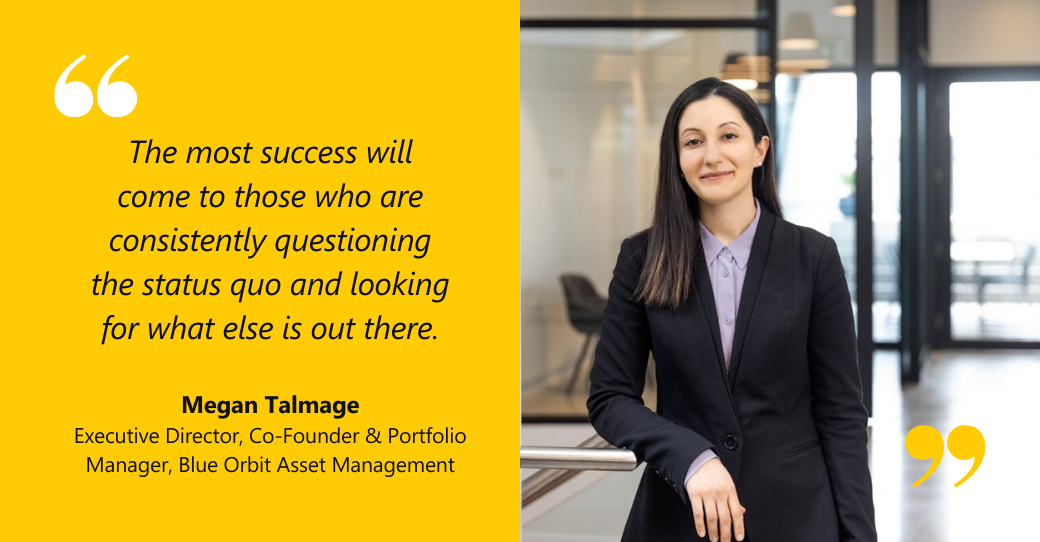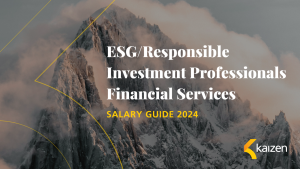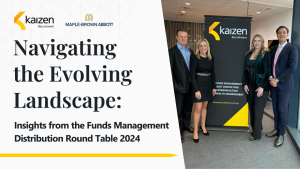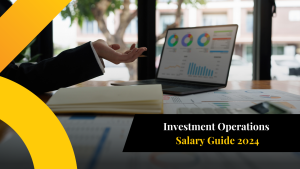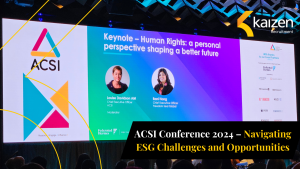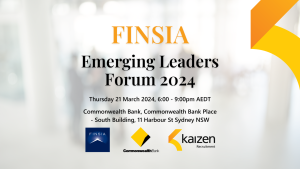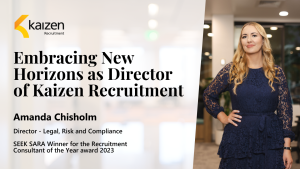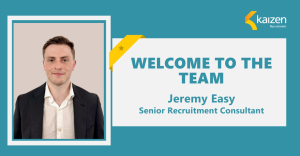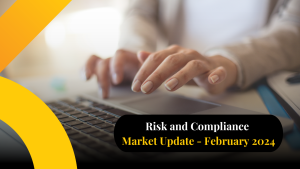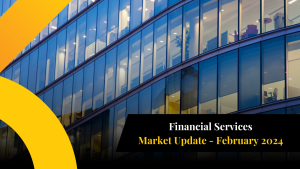Leaders in Investment Management, Megan Talmage – Co-Founder and Portfolio Manager, Blue Orbit Asset Management
Brief overview of your career to date.
Can you provide an overview of your current position at Blue Orbit as both an owner and Portfolio Manager? What do you do on a daily basis?
The Portfolio Management side is the more structured part of my role- I monitor our Australian and Global portfolios on a daily basis, monitor performance, risk and news flow and decide if any action needs to be taken to reposition the portfolios. Together with our Portfolio management team, we work collaboratively to regularly rebalance the portfolios, and to determine how best to manage cash flows and other corporate events. We monitor the markets closely, looking both at what is happening down at the individual company level, all the way up to the bigger picture on global market volatility and how various style factors are moving. This helps us decide how best to position our portfolios, and also gives us insights that feed into our continuous research and improvement pipeline.
On the business side, there is always a lot of variety. As well as being an owner in the business, I am also a Responsible Manager of our AFSL and a Director on the Board- hence, a number of compliance, governance and oversight duties in those roles. Working in a small business, there is no part of the business that I don’t touch. From research into quant signals and ESG, people management, operations manuals, audit, client presentations, and thought pieces. And of course, my law degree helps with writing or reviewing all types of contracts.
What is unique about Blue Orbit’s business and investment approach?
One of the most exciting things about being in a startup is having the flexibility of a small team and operating without the constraints you might see in a larger organisation. We are anti-silo- people in all parts of the business have exposure to the whole and are encouraged to participate and add value outside of their functional specialty. These are some of the key reasons I was motivated to co-found Blue Orbit- I wanted to create this collaborative, flexible and constantly evolving environment in which we have the freedom and ability to create something innovative and different.
From an investment perspective, this ties in with our aim to ‘Be Different, Be Better’ – we approach our investments from the standpoint that there is always a new and better approach to be discovered, and continuously research what else or what more we could be doing that is different to what is already in the market.
Alignment is also a core value for us that we have integrated into every part of our business- from our commitment to full gender equality, to our unique aligned fee structure and highly collaborative team structure to have everyone involved in working on a common goal for the business.
You have worked with several leading financial services organisation including IOOF, IFM Investors and previously in stock broking with Patersons. Which position and organisation had the most positive impact on your career and why?
I learned so much from each of my roles- the variety of experience makes it difficult to single any one role out as having the most impact! I do have to say that my initial role with Patersons was a real game changer for me professionally. Working in the sell side servicing institutional clients, I learned so much from the ‘outside’ looking into the world of funds management. It was also a role where I was always being challenged to aim for something just beyond my comfort zone of experience. I remember being offered a promotion and a huge step up in responsibility with zero notice. Suddenly someone had resigned, and I was offered the role with a same day start and no handover. I had to push aside self-doubt and back myself to go for it – knowing that it was a stretch, but that my boss had confidence in my potential, and I should too.
During your career have you ever had a mentor? If so, how do you manage this relationship?
I have had several mentors, both formal and informal- this has been a huge help for me in navigating my career decisions and reaching out for advice and guidance. I think the most important thing is to actively manage the communication. Senior leaders are usually very busy people and will be much more willing to take the time if you proactively organise the interactions and are clear and specific about what you want to discuss.
I think it’s really important to have a good personal rapport- to treat it more as a conversation with a trusted friend rather than an interview or some kind of business transaction. I make sure to connect with them regularly, even if just for a coffee check in and a chat.
What do you believe are the attributes that make a successful Investment professional?
I think curiosity is the most important thing – to always be asking why? Investment management is not a complete science- as markets and companies evolve and data and technology become infinitely more sophisticated, the most success will come to those who are consistently questioning the status quo and looking for what else is out there.
Humility is also very important- it allows you to identify if you have made mistakes, look to always make things better, and to challenge yourself to always be learning. Being open and honest about mistakes or areas of improvement builds trust and gives everyone the chance to learn and improve.
What do you see as the main opportunities and challenges for investment markets in 2022?
2022 looks to be a year of increased volatility and uncertainty, with potentially limited upside in the larger cap and higher valued growth names that have dominated recent years. Investors will have to look harder for growth opportunities outside of passive large equity index allocations- which presents a fantastic opportunity for active management within small caps to show its value.
If you could give one piece of advice about developing a career within Investment Management Industry, what would it be?
Look to gain as much breadth of experience and exposure across different teams, business lines and asset classes as you can- understanding the bigger picture of funds management and the finance ecosystem will give you a differing and valuable perspective when compared to a narrower field of specialisation.
Kaizen Recruitment specialises financial services recruitment across funds management, wealth management, superannuation, investment consulting and insurance. We are based in Melbourne and Sydney. For assistance or further information please telephone our office at +61 3 9095 7157 or submit an online form.
Like what you see?
Please feel welcome to join
Kaizen Recruitment’s mailing list
